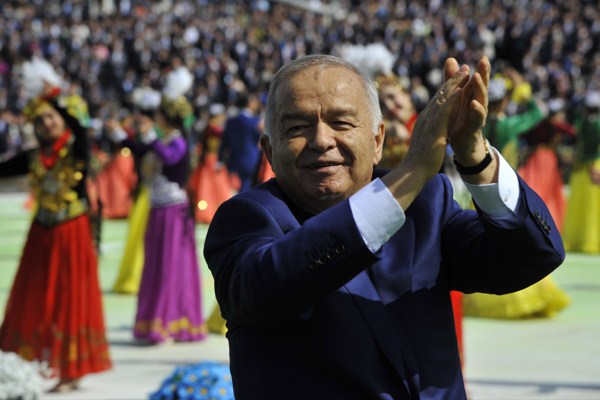On Monday, in a result that surprised no one, Uzbek President Islam Karimov won re-election to another five-year term with over 90 percent of the vote. Karimov, who became president of Uzbekistan in 1990, a year before the republic’s independence from the Soviet Union, is widely regarded as one of the most authoritarian post-Soviet leaders. But while his overwhelming victory was never in doubt, the 77-year-old president’s regime may be less stable than it appears. Political intrigue in Tashkent and a shifting geopolitical landscape in Central Asia hint at the uncertainty that might follow Karimov’s rule.
The most populous of the five former Soviet republics in Central Asia, Uzbekistan consistently ranks near the bottom of global indexes for human rights, comparable only with Turkmenistan as the region’s worst offender. A report on this week’s election by the Organization for Security and Co-operation in Europe (OSCE) complained that Karimov violated Uzbekistan’s current constitution by running for a fourth consecutive term, and that “the rigidly restrained media gave the incumbent a clear advantage.” The OSCE also cited voting irregularities. Of course, fraudulent elections and human rights abuses, including the mass imprisonment, torture and murder of regime critics, have been standard practice throughout Karimov’s tenure.
Despite the lack of meaningful opposition, a dispatch this week in Foreign Policy by Umar Farooq described how Uzbek dissidents are being hunted down and killed even outside the country. In Istanbul, where exiled opposition figures from multiple Central Asian countries have established communities, a conservative Uzbek religious leader was murdered last December, followed by a Tajik opposition figure in March.

